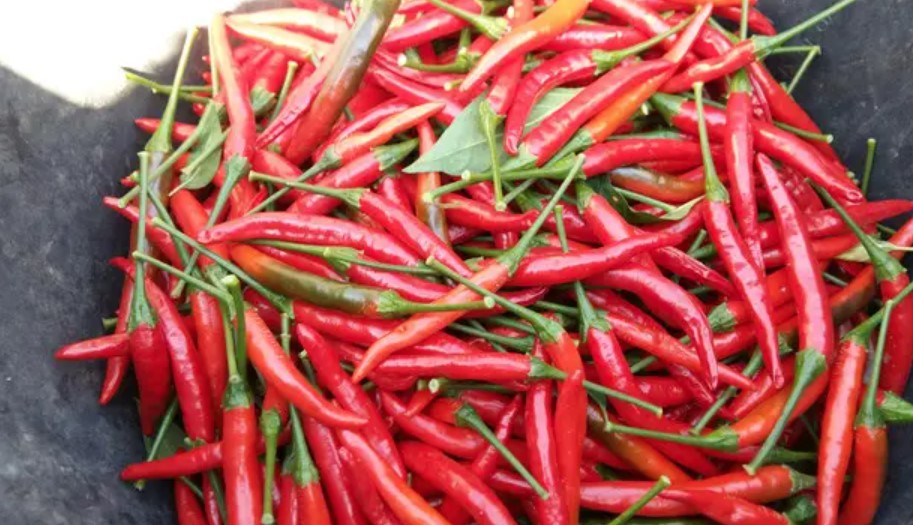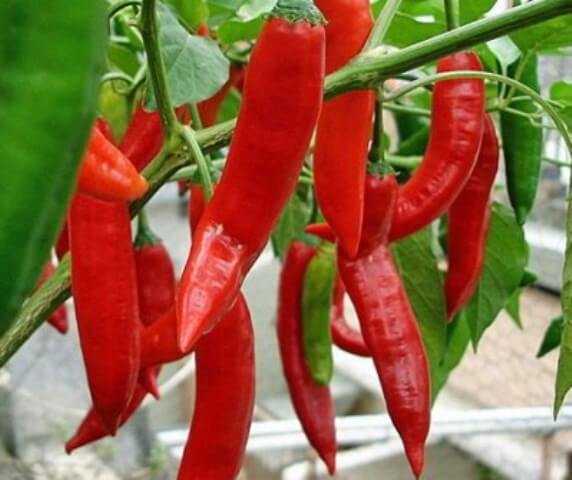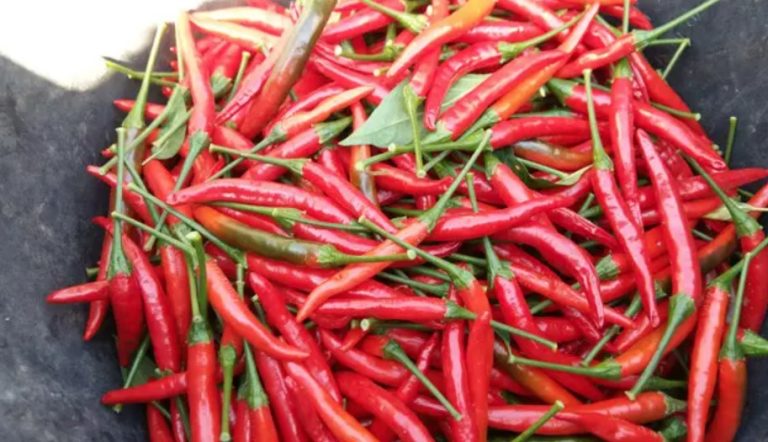Is your food too spicy for you? We show you what you can do to neutralize the sharpness in food and also what helps against sharpness in the mouth.
Some love spicy food, others like it less. Either way: Too much sharpness (depending on your own feelings) is unpleasant. The substance capsaicin, which is contained in chili varieties, for example, is usually responsible for the sharpness. Other substances such as piperine in pepper can also be perceived as too hot.
By the way: Hotness is perceived less intensely and/or lasts shorter if people are more familiar with the feeling, i.e. eat hot food more often.
If you have over-seasoned your food or eaten it too spicy, causing your mouth to burn, then the following ten tips will help to neutralize the spiciness.
This is how you can neutralize sharpness in food

If you over-seasoned the food, don’t throw it away. With just a few simple steps you can save your supposedly failed meal. Depending on the dish, you can choose from the following options:
Add fat: Fat binds pungent substances. Many dairy products have a high fat content. Depending on the dish, add mascarpone, milk, cream, sour cream, yoghurt or quark, for example – vegan variants can also have a high fat content. Coconut milk and neutral cooking oil or butter are also suitable.
Skim off fat: If your dish is already greasy due to the ingredients used, fat will usually settle on the surface after it has been simmering for a long time. Since the hot substances bind in it, you can skim them off together with the fat. Alternatively, you can add oil, let the food cook, and then skim. However, this is only suitable if you can let the dish cook longer without it overcooking or changing the taste.
Adding sweetness: Sweeteners like sugar or honey can counteract the spiciness. However, this only helps with slight sharpness. Also, be careful not to add too much sweetness as this will change the taste of the food. So it’s best to approach it by the teaspoon.
Increase amount: Add more of the other non-spicy ingredients. It is best to increase the amount proportionally. This reduces the proportion of spiciness and the dish is therefore milder. If you have too much food as a result, that’s no problem: you can freeze leftover food.
Adding Liquid: Similar to increasing the amount, adding liquids such as vegetable broth, milk, cream, or wine works just as well.
Cook raw vegetables: Add raw vegetables such as potatoes or carrots and let them cook. They not only absorb liquid, but also the pungent substances (at least part of it). If it doesn’t go with your dish, you can fish out the pieces afterwards. You can then store the vegetables and eat them later or use them in other dishes.
Mouth burns: You can do this against sharpness in the mouth
If it happened that you ate too spicy, you can remedy the burning feeling. Because: There are studies that show that there are substances that can relieve the burning sensation:
Fat: Capsaicin is fat-soluble. For example, greasy foods such as milk, mascarpone, yoghurt or quark with a high fat content are suitable for reducing the burning sensation. Good to drink are, for example, mango lassi or buttermilk. Oil also helps, you can rinse your mouth with it alone or use an oil-water mixture. But be careful: avoid drinking pure water. This worsens the feeling of heat as the capsaicin is distributed in the mouth.
Protein: The protein casein contained in milk (products) dissolves the pungent substance capsaicin in the mouth. Casein-containing foods such as milk or buttermilk are therefore suitable. Note: There are milk intolerances where people cannot process casein. Vegan milk alternatives usually contain no casein.
Sugar: Drink a sugar solution or let a spoonful of honey melt in your mouth. Honey also has an antibacterial effect and is considered an all-round home remedy.
Bread: Chew bread a little longer so that you can “scrape” and absorb the capsaicin in your mouth. A combination of bread and fat or protein should help particularly well: toast with mascarpone.
Tricks to avoid overly spicy food

What can you do to avoid too much spicy food?
Feel your way with the amount of hot spices.
If you poured in too much of a spice, try to roughly remove it before stirring.
Use whole chiles instead of crushed, dried, or powdered ones. This way you have the opportunity to let the pods cook a little and then take them out again.
Remove the pods and seeds from chili peppers.
If you’re using canned chilies, rinse the pods before using them.
Taste the spices you use neat. So you know how they taste and how spicy they are. With this knowledge, you can season your food more specifically.
Rich side dishes such as a glass of milk, bread or rice with spicy food.

